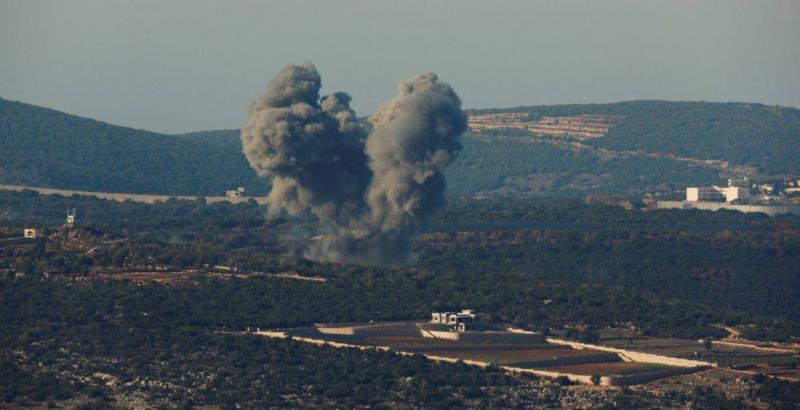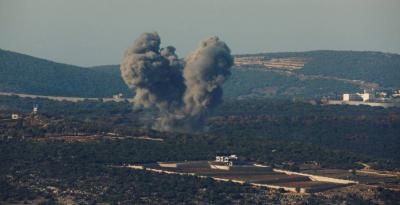Questions have emerged regarding the Israeli army's capability to open a new front in the war following threats between Israel and Hezbollah amid the "Majdal Shams" attack in the Golan. In an interview with "Sky News Arabia," military analysts and observers reviewed the possibility of Israel entering into a comprehensive war on the northern front, clarifying that "despite the direct threats made by Israeli leaders about the imminent onset of another battle, it is likely that the response will be 'impactful and limited simultaneously'." This would be in response to Hezbollah's retaliation for that strike, similar to the escalation that has alarmed the world between Israel and Iran.
The American newspaper "Washington Post" reported increasing concerns within Israel that its soldiers are "exhausted" and that its resources have been "depleted" after the longest war the country has experienced in decades. It added that "nine months of attacks against Hamas in the Gaza Strip have not defeated the movement, and the besieged Netanyahu has not defined an exit strategy... Meanwhile, in Lebanon, Israel would face a larger, better-armed, and more professional adversary, with a threat of a deeper military quagmire."
On the ground, Israel is already engaged on two fronts since October of last year, having quickly prepared its ground operation following the bloody attack on October 7. Within hours, it was ready to counter the attacks initiated by Hezbollah fighters aimed at alleviating the combat directed towards Hamas elements, although the skirmishes between the two sides remained within "rules of engagement."
However, Reuters cited a senior Israeli defense official as stating that the country "wants to hurt" Hezbollah, but does not wish to drag the region into a full-scale war. Meanwhile, two other officials indicated that Israel is bracing for the possibility of fighting lasting several days. The U.S. administration has also set a "red line" regarding the anticipated Israeli response, as Axios revealed that the U.S. warned Israel against targeting the Lebanese capital, Beirut, indicating that the upcoming strike would be "in a limited framework."
The security cabinet has authorized Prime Minister Netanyahu and Defense Minister Yoav Gallant to determine "the nature and timing" of the response to the attack that targeted a football field in Majdal Shams.
For his part, military and strategic expert and regional security issues analyst, Brigadier General Mahmoud Mohiuddin, considered that in the current situation, amid the prolonged war in Gaza, "Israel cannot, under any circumstances, begin a comprehensive ground operation in southern Lebanon, unless the situation is resolved with Hamas." He explained that "the considerations and statements from Israeli officials and U.S. pressures suggest a limited or swift operation or a retaliatory attack against specific targets with international and regional controls." He emphasized that all parties aim to prevent the war from expanding or transforming into a regional conflict.
In contrast, "Hezbollah's reaction will be swift, but within the framework of rules of engagement and what can be tolerated," according to the military expert. He noted, "The strike will be as limited as possible so as not to provoke Hezbollah, to avoid turning it into a full-scale war since neither side desires a regional war that might extend to other countries."
Regarding the internal Israeli view on opening two war fronts simultaneously, Israeli political analyst Yoav Stern told "Sky News Arabia" that "the Israeli army would prefer not to enter into two wars at the same time, were it not for the attack in Majdal Shams." He clarified that despite the reduction in the intensity of operations in the Gaza Strip, the army supports reaching an agreement and preparing for the next phase. Thus, it can focus on addressing the threats posed by Hezbollah.
He added, "The Israeli army can fight on the southern front now, but it does not prefer to do so. Regardless of what happens in Gaza, a war with Hezbollah would come at a heavy cost because the Lebanese group is different from Hamas, possessing more efficient military capabilities and precise long-range missiles that can reach anywhere in Israel, and its elements are well-positioned in southern Lebanon and throughout its cities." Stern emphasized that "the war would be harsh and extremely difficult... and the Israeli army knows this very well."




